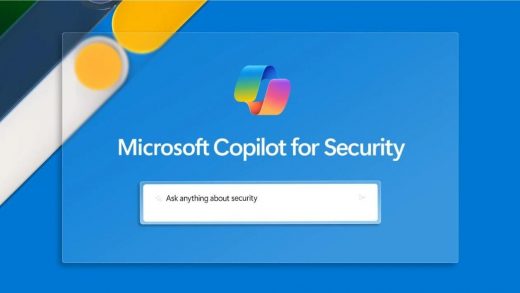
OpenAI might have trained its artificial intelligence (AI) models on copyrighted content, according to a research paper. A recently published paper from the non-profit organisation AI Disclosures Project, the San Francisco-based AI firm’s recent large language models (LLMs) showed a higher recognition of copyrighted content compared to its older models. The researchers used a recently developed method called DE-COP to detect copyrighted content in the AI models’ training dataset. Notably, the study found that the GPT-4o mini was not trained on the specific copyrighted content.
Researchers Used DE-COP to Test OpenAI’s Training Dataset
The study, titled Beyond Public Access in LLM Pre-Training Data, was conducted to check if OpenAI’s AI models were trained on non-public book content. For the study, researchers focused on O’Reilly Media, a US online learning platform, which contains numerous copyrighted books. The founder of the platform, Tim O’Reilly, was also one of the co-authors of the study.
The researchers used DE-COP method to test whether the training data of the AI models contained copyrighted material. This is a relatively new test, introduced in a paper published in 2024. The method, also known as a membership inference attack, quizzes an AI model with a multiple-choice test to see whether it can identify copyrighted content from machine-generated paraphrased alternatives.
The researchers used Claude 3.5 Sonnet to paraphrase the copyrighted material. As many as 3,962 paragraph excerpts from 34 O’Reilly Media books were used for the test.
Based on the tests conducted, the researchers claimed to have found that the GPT-4o AI model showed the highest recognition of the copyrighted and paywalled O’Reilly book content with an 82 percent Area Under the Receiver Operating Characteristic Curve (AURUC) score. Notably, the AURUC score is part of the DE-COP method and is derived from the guess rates from the multiple-choice test.
The study also found that older OpenAI AI models, such as GPT-3.5 Turbo, showed lesser content recognition compared to GPT-4o, but still high enough to be significant. However, GPT-4o mini was found not to be trained on the paywalled O’Reilly Media books. The paper states the reason could be that the test is not effective against smaller language models.



